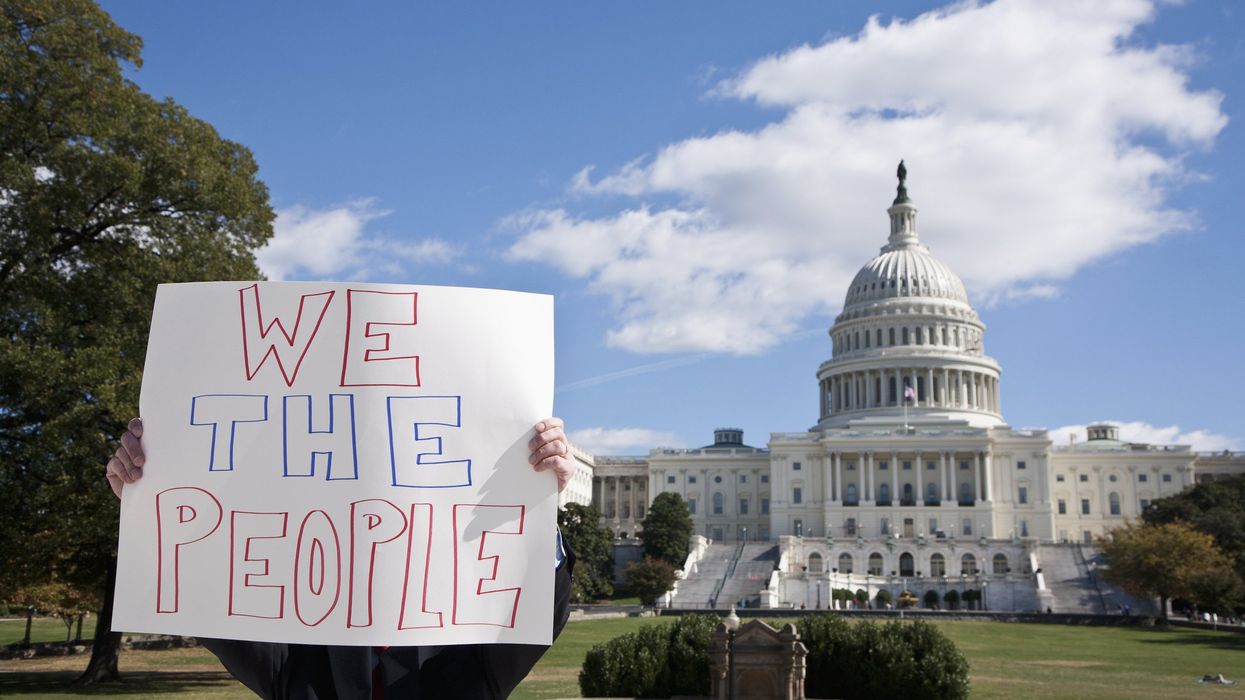Five years ago, our house burned down.
We built our house, had lived there twenty-five years, and brought up our eight children there. Birthdays, holidays, reunions, parties, so many memories. Our family loved it; it was home.
My husband and I were in a neighboring town when we got the call from the fire department that night. The firefighters were already on the scene and needed to know if anyone was home and where they might be in the house.
Three of our sons were home.
Breaking land-speed records and passing fire trucks and police cars on the way to the fire, we finally flew over the hill onto our street and into a sea of flashing red and blue lights. Smoke was billowing everywhere, flames shooting into the air, devouring our house and lighting up the faces of the many police, firefighters and neighbors scattered across the lawn. We did not see our sons.
For the entire interminable car ride, not once did I think about any “thing” in my house, not my computer (with all my work), not even treasured photos. All I thought about were my children.
Our youngest son, William, a fourth grader, was safe and with our next-door neighbor. One of our middle sons, Michael, had tried repeatedly to rescue our oldest son, Jonathan, who is handicapped. On Michael’s last attempt, the firefighters had to drag him back down the collapsing stairs.
Four of the firefighters had just broken through Jonathan’s bedroom window. Using infrared, they found him. They carried him outside down the ladder, just moments before his room was totally consumed in flames.
Jonathan and Michael were loaded into an ambulance. I waved the ambulance down, and off we sped. The medics said both boys would need immediate treatment for carbon monoxide poisoning and smoke inhalation. But they would live.
As we went over the hill, I turned to look back, knowing I would never see our house, or anything in it, again. But it didn’t matter, not at all. I was filled with gratitude and joy at the medics’ words. My children would live.
In our current political climate, many feel we are figuratively “burning down the house”: i.e. our White House and House of Representatives, as well as the Supreme Court and Senate. All off-kilter, all burning.
So many incendiary decisions, political fights, policies, and even names changed, seemingly as capriciously as flames burn. (House fires can burn at 2,500 degrees Fahrenheit and double in size every 30 seconds.)
Too hot, too fast: not fair, not right, we think these policies and structures are destroying the scaffolding of our lives. Or we may be encouraged by what we view as a necessary bonfire, and call it progress.
The pendulum will swing; what is done will be undone. What is good will be called bad, and bad, good. Again and again, we go round. We have been there before; change is the nature of life.
There will be a time ...for all the works and days of hands…
And time yet for a hundred indecisions.
And “for decisions and revisions which a minute will reverse.” ~ T. S. Eliot
Our greatest concern must always be the potential “burning” of our Constitution. This we cannot allow. The precious worth of our democracy rests within this document of freedoms and rights. Embrace it and enforce it: it is the heart and soul of our country.
Although we may not agree on what the “good fight” is, courage is demanded, as in the firefighters who saved our sons’ lives. In a family, in a nation, we can never stop fighting for that most essential concept, for “we, the people.” And not only for the people living now but for those in the past who honed our ideals and sacrificed for them and those who will carry our dreams into the future.
Those words, “will live,” are the only words we want to hear in any monumental crisis. They confer clear focus and hope, whether in the ravages of a fire or in the madness of an age.
If we remember what is important, we will thrive. We will live on.
Notes: Our fire was an electrical fire, starting in an outlet, likely hot for at least a year before “erupting,” but was hidden behind a sofa. And our boys are fine: Jonathan, healthy; Michael just graduated from college; and William is now a teenager… Help!
Amy Lockard is an Iowa resident who regularly contributes to regional newspapers and periodicals. She is working on the second of a four-book fictional series based on Jane Austen’s “Pride and Prejudice."











 A woman prepares to cast her vote on May 4, 2025 in Bucharest, Romania. The first round of voting begins in the re-run of Romania's presidential election after six months since the original ballot was cancelled due to evidence of Russian influence on the outcome. Then far-right candidate Calin Georgescu surged from less than 5% days before the vote to finish first on 23% despite declaring zero campaign spending. He was subsequently banned from standing in the re-rerun, replaced this time round by George Simion who claims to be a natural ally of Donald Trump.Getty Images, Andrei Pungovschi
A woman prepares to cast her vote on May 4, 2025 in Bucharest, Romania. The first round of voting begins in the re-run of Romania's presidential election after six months since the original ballot was cancelled due to evidence of Russian influence on the outcome. Then far-right candidate Calin Georgescu surged from less than 5% days before the vote to finish first on 23% despite declaring zero campaign spending. He was subsequently banned from standing in the re-rerun, replaced this time round by George Simion who claims to be a natural ally of Donald Trump.Getty Images, Andrei Pungovschi








Trump & Hegseth gave Mark Kelly a huge 2028 gift